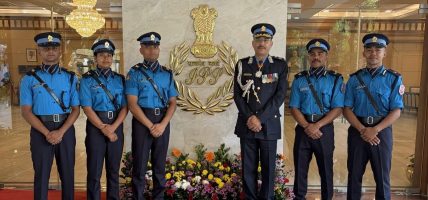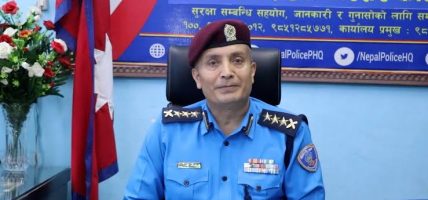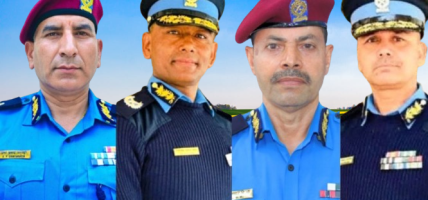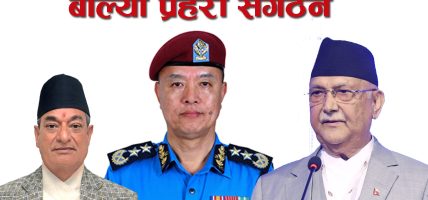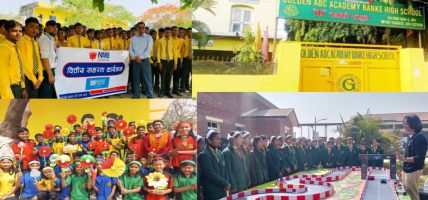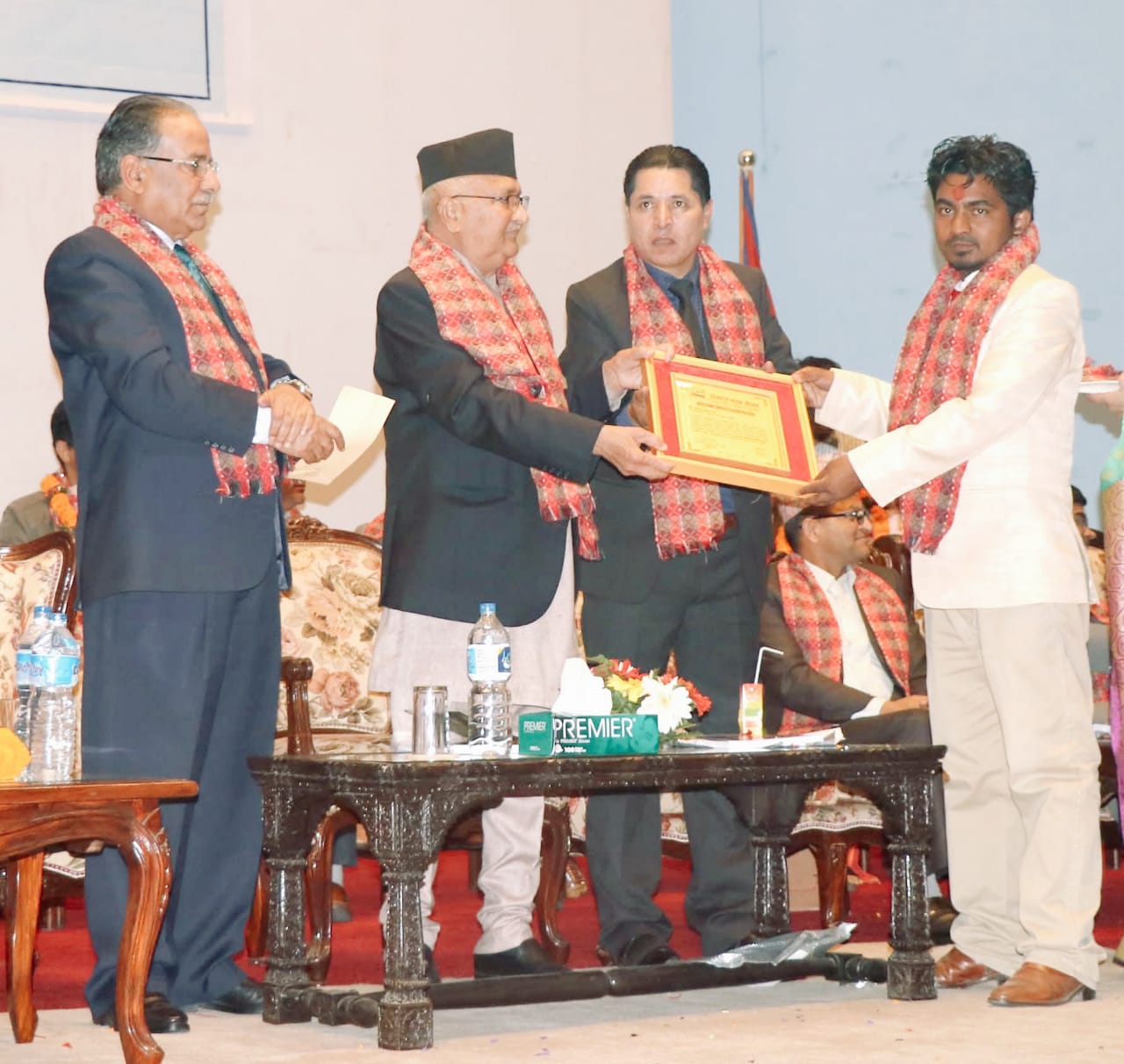There is a village at the ward number 5 of Rainadevi Chhahara rural municipality in Palpa. The village lies in around 25 kilometers east to the Palpa district headquarters.
Amidst this, there is a Dalit settlement among 500 houses owned by the Chhetri community, where poverty and extreme caste-based discrimination were daily realities.
Born in 1998, Sushil Darnal was the third of five brothers and one sister in this marginalized community, where survival often meant struggling for two square meals a day. Despite the hardships, Sushil was determined to pursue his education from a young age.
A passionate student, his commitment to learning never wavered, even when faced with overwhelming challenges. In grade 4, his father left for India with his second wife, losing contact with the family. Without the support of a father, Sushils mother struggled to feed her children as a daily wage earner. However, despite these hardships, Sushil continued to excel academically. Sushil’s mother could no longer afford his education after class 7.
Faced with this financial barrier, he moved to Pokhara to live with his elder brother Rajendra, a tailor, and enrolled at Shree Barahi Higher Secondary School in Malepatan. While continuing his studies, Sushil learned the skill of sewing, which helped him cover his education expenses. In 2007, he completed his School Leaving Certificate (SLC) with a second division.
Determined to continue his education, Sushil moved to Kathmandu in 2008, where he joined the Madan Memorial College, Ratopul, to study journalism. At the same time, he worked as a tailor and performed at Dohori Sangh (traditional singing clubs) in the evening to make ends meet. However, the financial challenges were far from over. When he was unable to pay a fee of Rs. 7,000 for his grade 12 exams, the college initially denied him an admit card. With no other options, Sushil submitted a letter requesting to sit for the exam, promising to pay the dues later.
On the morning of the exam, he was handed an admit card at 7:00 am, just half an hour before the exam began. With little time to prepare, he rushed to the exam hall and was only able to attend the two-and-a-half-hour exam for two hours. ̔I feel pain deep in my heart whenever I recall those times,’ he later said.
In 2009, after completing his intermediate studies, Sushil joined the National News Agency (RSS), Nepals only state-run news agency, as a stringer. However, the pay was meager only Rs. 100 per report and it was insufficient to cover his living expenses in Kathmandu. He continued to sing in the traditional singing club after joining the RSS.
Despite these financial struggles, Sushil continued his education and enrolled at Ratna Rajya Laxmi Campus for a Bachelors degree. He completed his BA in Journalism in 2016, continuing his work at RSS.
In 2018, Sushils dedication to his craft led him to enroll in a Masters program in Journalism and Mass Communication at Polygan College, Babarmahal. There, he not only excelled academically but also won the prestigious ՙOm Prakash Goyal Gold Medal՚ for being the topper in his batch. According to the Samata Foundation, which has been conducting research on the Dalit community, Darnal is the first person from the Dalit community to receive the ‘Gold Medal’ in mass communication and journalism. Overall, Teek Tamrakar is the first gold medalist in the Dalit community at the Masters Level (LLM).
His academic success, however, was just one part of his journey. Through his work at RSS, Sushil focused on the issues affecting marginalized communities, particularly Dalits.
His efforts in mainstreaming these issues led him to receive numerous accolades, including. Today, Sushil Darnal serves as the President of the ՙNational Association of Dalit Community Journalists Nepal՚ for the Kathmandu Valley Province and the President of the ՙEquality Initiative Foundation՚.
In addition to his journalism work, Sushil has authored several research-based books, including ՙDalit Representation and Content in Rastiya Samachar Samiti (RSS)՚ and ՙMayaPaniBitulo՚. Darnal has received ՙLeadership Award 2019՚ Form Bangladesh, ՙYouth Journalism Award-2025՚ from Government Of Nepal, ՙPress Council Inclusive Journalism Award-2016՚ From ̔Nepal Press Council’, ՙChild Sensitive National Journalism Award-2018՚ From Federation of Nepali Journalists (FNJ) and ՙBest Youth Journalism Award-2018՚, Form Reporter’s Club Nepal. Likewise, He is Honored from Government Of Nepal in 2019.
He has published dozens of articles on Dalits. Facing extreme caste discrimination and untouchability since childhood, he advocates for the end of discrimination against marginalised and underprivileged communities.
“The Dalit community is a voiceless community. They should have equal representation at state’s policy-making level. The media can make their problems and voices heard, helping the community.” In his understanding, the Dalit community is still economically, socially, and politically backward. “The Dalit community has obtained some rights, but that is not enough. After 10 years of the promulgation of the constitution, no laws have been made regarding their rights,” he rued. He advocated addressing the economic, social and political issues of the community, arguing that only ending caste-based discrimination and untouchability would not be enough to liberate them in a true sense.

